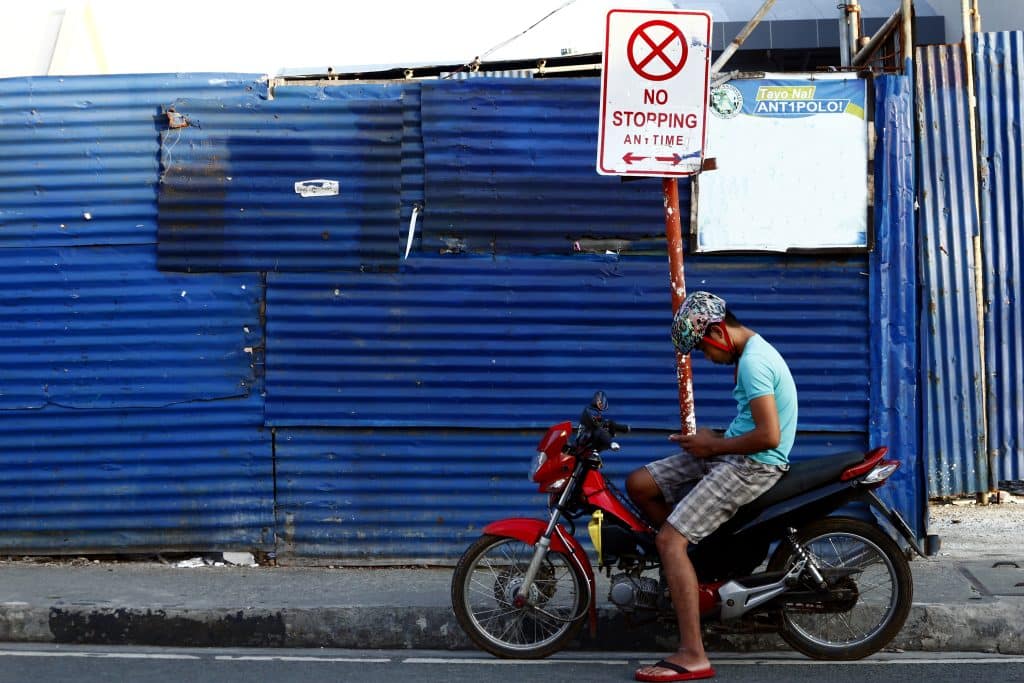Activist Post Editor’s Note: Of course they will outline all of the benefits, while completely dismissing any concerns around financial privacy, censorship, hacking, government databases, public-private collusion, etc.
The group of the 19 most advanced economies in the world, the European Union, and mostly recently the African Union, the G20, has published a policy guide on how the development and deployment of digital public infrastructure (DPI) can advance financial inclusion and productivity gains in the Global South.
The 78-page document, produced by the World Bank and the G20 Global Partnership for Financial Inclusion (GPFI), examines DPIs and their role in the financial sector. It examines how they can be an effective driver of financial inclusion and productivity, the potential areas for further exploration, as well as some case studies and use cases involving countries in Africa, Asia, Europe and Latin America.
With an interoperable and open system, DPIs can foster inclusive economies and enable vulnerable groups to have access to critical services easily and securely through expedient payment platforms, the document notes, adding that such infrastructure also have the potential to lead nations towards meeting the United Nations’ Sustainable Development Goals (SDGs). India recently signed an agreement with the UNDP to promote DPIs as a way of meeting the SDGs.
Citing the India Stack which comprises the Aadhaar digital ID and the interoperable UPI digital payments platform among other DPIs as an example, the G20 believes DPIs can serve people not just in the financial sector, but also in the domains of health, education and social welfare.
The policy publication holds that while “DPI has the potential to help countries leapfrog their digital transformation,” it can also “play a critical role in accelerating this digital transformation in an inclusive way.”
It also remarks that while there has been a remarkable progress in global financial inclusion efforts thanks to emerging digital financial services (DFS), there is much that still remains to be done and DPIs can play the trick.
Activist Post is Google-Free — We Need Your Support
Contribute Just $1 Per Month at Patreon or SubscribeStar
“DPIs, if well managed, can lower transaction costs, catalyze innovation, foster competitiveness and interoperability, enhance individual user experiences and choice, and, though their design, provide new avenues to address many of the risks inherent to DFS.”
For the private sector, DPIs can create opportunity for innovations, higher efficiency, and enable access to new markets and credits, if the enabling institutional and market conditions exist, it notes.
In building such systems, the G20 document also suggests considerable focus on safety, trust and a robust data protection architecture. This is partly because DPIs have the potential to create new risks or render existing ones worse, the report says. These risks include operational, legal and regulatory, insolvency, exclusion and financial consumer protection problems.
To tackle these risks and make DPIs a veritable vehicle for financial inclusion and productivity gains, authorities are called upon to properly design DPIs by creating the enabling environment for them through a widely acceptable set of good practices, encouraging appropriate risk-based regulation and supervision for their use in the financial sector, and promoting sound internal governance arrangements, among other measures.
The recommendations in the policy document are indicative, voluntary and nonbinding. They are meant for public authorities but could also be useful to other relevant stakeholders.
India’s UPI sees record monthly transactions in August
In a related story, India’s UPI payments system, which has become a critical pillar of the India Stack, reached a milestone last month with 10.58 billion transactions, up from the 9.98 billion in July, NDTV reports.
Per the National Payments Corporation of India (NPCI) – the body managing the platform – this is a 67 percent jump year-on-year, with India’s Union Telecoms Minister Ashwini Vaishnaw hailing the “new record.”
The NPCI said it was a milestone worth celebrating and called for the momentum to be sustained.
India’s UPI has been attracting attention from many countries, with three African countries said to be in talks with India at the moment for partnerships aimed at enabling them to tap the UPI pool of experience.
Source: Biometric Update
Ayang Macdonald is a freelance journalist based in Yaounde, Cameroon. He boasts 10 years of professional experience in journalism in which he has a Bachelor of Science Degree from the University of Buea in South western Cameroon. He is a versatile reporter with interest in ICTs, innovation, digital entrepreneurship, defense and military, politics, economy, health and environment, humanitarian issues and sports.
Become a Patron!
Or support us at SubscribeStar
Donate cryptocurrency HERE
Subscribe to Activist Post for truth, peace, and freedom news. Follow us on SoMee, Telegram, HIVE, Flote, Minds, MeWe, Twitter, Gab, and What Really Happened.
Provide, Protect and Profit from what’s coming! Get a free issue of Counter Markets today.


Be the first to comment on "G20 Recommends Digital Public Infrastructure (DPI) Policy to Drive Financial Inclusion"